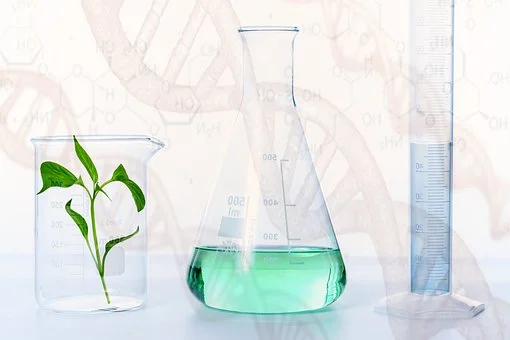It’s shocking how three letters can stir up controversy, GMO. Biotech, the so-called GMOs, has allowed farmers to advance yields by protecting the crop, improved plant nutritional profiles and the opportunities for the technique are only expanding.
So, how does the seed industry address the controversy that surrounds GMOs? Is there a place in the food sector for both biotech and organic? What does the mix look like and what is the solution for sustainability and food security?
Seed World Editor Alex Martin takes a deep dive into the controversy, the solutions and how multiple production styles can all work together to achieve goals. She’s joined by:
- Mac Ehrhardt serves as president of Albert Lea Seeds in Albert Lea, Minn. He received his formal agricultural education at the University of California, Davis. He has worked at Albert Lea Seed since 1991, helping to guide its growth including the launch of certified organic field seed in 1996 and its transition to all organic and non-GMO in 2016. He has served on the boards of several non-profit groups including: The Non-GMO Supply Chain Working Group, Freeborn Co. Corn & Soybean Growers Assn., Sustainable Farming Association of Minnesota, Minnesota Seed Producers and Processors Assn. and the U.S. Testing Network.
- Jon Entine is the executive director for the Genetic Literacy Project. A lifelong journalist, with 20 major journalism awards including two Emmys, Jon has written thousands of articles and seven books, including three on sustainable agriculture, focused on genetic engineering and risk and chemicals. Jon has written two bestsellers, Taboo: Why Black Athletes Dominate Sports and Why We Are Afraid to Talk About It; and Abraham’s Children: Race, Identity and the DNA of the Chosen People.
- Dr. Robert (Robb) Fraley is the former executive vice president and chief technology officer at Monsanto Company. Also a World Food Prize Laureate, he is widely recognized as a key contributor to the worldwide science and agriculture communities, most notably, for developing the first genetically modified crops (often referred to as GMOs) as a solution for farmers battling pests and weeds that threatened their yields.










